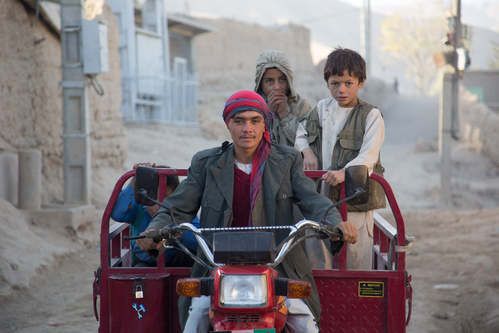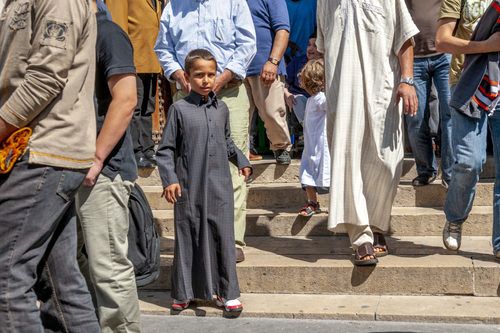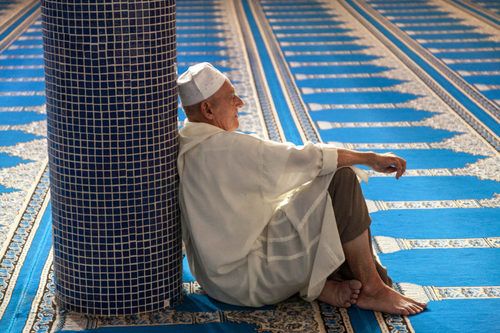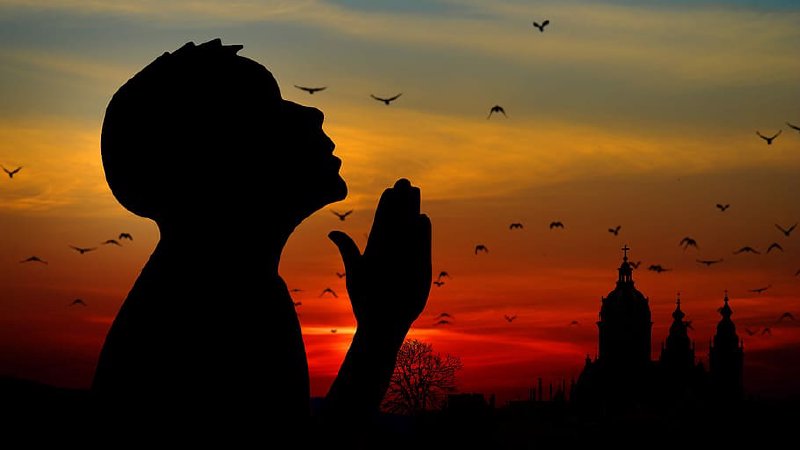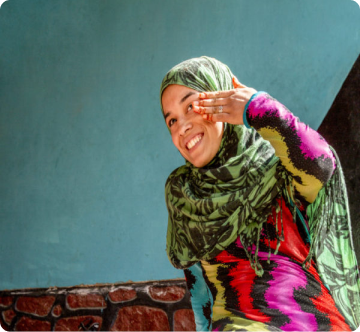Quick Facts
Place of Origin: Afghanistan is located in Central Asia. It is surrounded by five countries, Iran (West), Pakistan (East), Turkmenistan (North), Uzbekistan (North), Tajikistan (North).
Religion: Islam (99.7%), other religions include: Christians, Sikhs, Hindus and Bahai.
Population: 38.04 million
(Primary) Languages: Dari and Pashto
(Secondary) Languages: , Uzbek, Turkmen, Balochi, Pashayi
- Afghan ‘tribal’ identity is evident in Canada as well as in their homeland—they prefer to interact with their own people/language group over other Afghan immigrants of differing ethnicities/languages.
- Afghans have a great sense & tradition of hospitality.
- Afghans have a strong sense of national pride of who they are & the fact that they have never been conquered for long.
What do Afghan Muslims believe?
- The majority of Afghans identify with Islam. Most follow Sunni Islam, with a significant minority following Shia and Ismaili-Shia Islam.
- Many are nominal in their faith and practice. They may not attend mosque, observe the fast during Ramadan, or wear religious clothing such as hijabs, but still identify as Muslim.
- A small group of Afghan-Sikhs have been welcomed as refugees because they were facing persecution by the Taliban.
Afghan Muslims's Story in Canada
Afghan immigration to Canada began in 1978. The Saur Revolution and subsequent Soviet invasion in 1979 were the initial push factors for Afghans that led to a wave of immigrants arriving in the early 1980s. Many have settled in Toronto, Montreal, and Vancouver. Due to ongoing political turbulence Afghan Muslim migration to Canada continues.
Prior to 1978, less than 1,000 Afghans lived in Canada. After decades of political unrest, the number has increased, with approximately 84,000 reported in the Census of 2016. Following the evacuation of Kabul in 2021, the Canadian government promised to relocate up to 20,000 Afghans, most of whom will likely reside in the metropolitan areas of Toronto, Montreal, and Vancouver.
Afghan's Story in Montreal
- Afghans are relative newcomers to Montreal, with the first wave of immigrants arriving in the early 1980s after the then-Soviet Union invaded their country. Because of ongoing political turbulence in Afghanistan, Afghans continue to settle here.
- Many Montreal Afghans are survivors of trauma; almost every single Afghan there is a refugee, comes from a family of refugees, or is connected to refugees in some way.
- There is a higher per capita incidence of PTSD and other forms of mental issues among the Montreal Afghan populace than the rest of the Montreal population
- In the past decade, the Afghan community has become fairly well established. Ten years ago, there weren't many families who owned houses. It is estimated that 70% of Afghans now own a house.
- Most Afghan women/girls were not allowed to seek formal education in Afghanistan before coming to Canada
- Afghans have been displaced due to decades of war, starting with the Russian invasion of 1979-1989, the civil war that resulted from the destruction and chaos that was created in post-1989 Afghanistan (this included the reign of the Taliban), and the aftermath of 9/11 on the country. Consequently, Afghans have become one of the world’s largest refugee populations with a diaspora all over the world.
- There are significant divisions between Montreal Afghans based on ethnicity (Pashtun, Tajik, Hazara, Uzbek), languages (Pashto and Dari), regions (urban, rural) and expressions of Islam (Sunni, Shiite).
- The Afghan Soccer League has leagues for youth and adults that compete outside during the summer and inside during the winter months.
- Picking apples is a favorite fall activity for residents of Montreal. A family who evacuated during the Kabul evacuation in 2021 was able to enjoy picking apples after their hurried departure from their homeland. You can read here their story.
Afghan Beliefs in Montreal
- In general, Afghans are people of Muslim faith. In Montreal they do not practise a radical fundamentalist interpretation of Islam like that of the Taliban. Rather than wholesale rejecting the radical form of Islam that has often been used as a tool of repression in their homeland, Afghans here often rely on Islam for support when confronted with stress.
- Since there isn’t a primarily Afghan mosque in Montreal, Afghans attend other mosques in the area or create prayer areas in their associations and businesses. The Islamic Centre of Quebec is the oldest mosque in Montreal. It was founded in 1967 after the government passed a law in 1965 allowing Afghans to register births and marriages.
- The Iranian Islamic Center is on the North Shore and The Islamic Community Center is on the South Shore.
Where do Afghan Muslims predominantly gather in the Montreal Metro Area?
- Many Afghans are concentrated in the Laval region and Villeray–Saint-Michel–Parc-Extension of the city.
- Maison Afghane-Canadienne (MAFCAN) is a non-profit based in Montreal. MAFCAN helps new Afghan-Canadians adjust to the city, and also provides a variety of services for Afghans to help them succeed emotionally, physically, educationally, economically, and spiritually. They serve as an effective communication bridge between Afghans and the city at large.
- The Afghan Women’s Centre of Montreal began when the founder, Makai Harif, realized that many Afghan women felt isolated. The organization has grown from a few women meeting in homes to an organization offering support to hundreds of women and children through numerous projects.
- The Afghan Youth Association at Montreal was founded in 2012 to engage Afghan youth in Montreal to build a strong network for growth and encouragement in their isolated community.
Population Estimate in Montreal: 9,500

